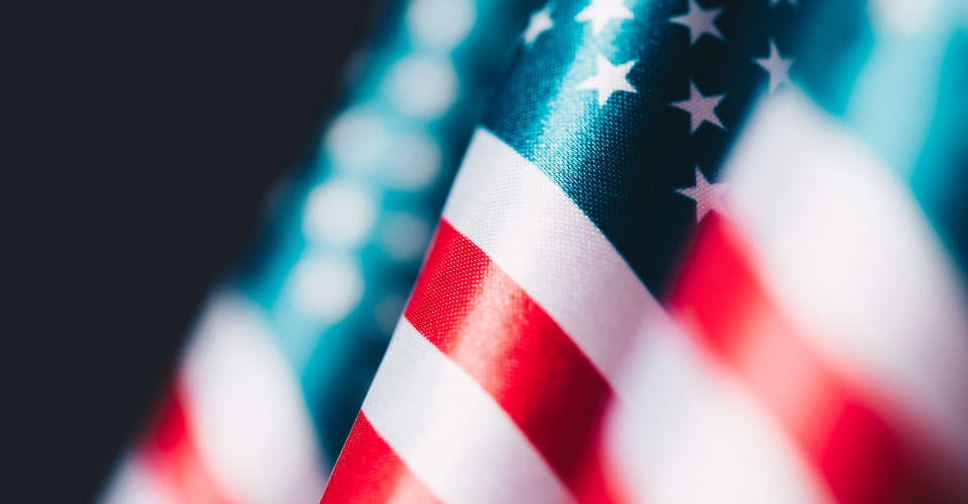
The Federal Communications Commission (FCC) added Russia's AO Kaspersky Lab, China Telecom and China Mobile International to its list of communications equipment and service providers deemed threats to US national security.
The regulator last year designated five Chinese companies, including Huawei Technologies Co HWT.UL and ZTE Corp 000063.SZ as the first firms on the list, which was mandated under a 2019 law. Kaspersky is the first Russian company listed.
FCC Commissioner Brendan Carr said the new designations "will help secure our networks from threats posed by Chinese and Russian state-backed entities seeking to engage in espionage and otherwise harm America's interests."
US officials have long said that running Kaspersky software could open American networks to malign activity from Moscow and banned Kaspersky's flagship antivirus product from federal networks in 2017. Moscow-based Kaspersky has consistently denied being a tool of the Russian government,
In naming Kaspersky, the FCC announcement did not cite Russia's invasion of Ukraine or recent warnings by President Joe Biden of potential cyberattacks by Russia in response to US sanctions and support of Ukraine.
Kaspersky said in a statement that it was disappointed in the FCC decision, arguing it was "made on political grounds." The move was "unsubstantiated and is a response to the geopolitical climate rather than a comprehensive evaluation of the integrity of Kaspersky's products and services," the company said.
The Chinese Embassy in Washington said Friday that the FCC "abused state power and maliciously attacked Chinese telecom operators again without factual basis. The US should immediately stop its unreasonable suppression of Chinese companies.
"China will take necessary measures to resolutely safeguard Chinese companies' legitimate rights and interests," it added.
The Chinese companies did not immediately comment.
In October, the FCC revoked the US authorization for China Telecom (Americas), saying it "is subject to exploitation, influence and control by the Chinese government." [nL1N2RM1QE]
The FCC cited its prior decisions to deny or revoke the Chinese telecom companies' ability to operate in the United States in its decision to add them to the threat list.
The FCC also revoked the US authorizations of China Unicom 0762.HK and Pacific Networks and its wholly-owned subsidiary ComNet.
In 2019, the FCC rejected China Mobile's bid to provide US telecommunications services, citing national security risks.
Inclusion on the "covered list" means money from the FCC's $8 billion annual Universal Service Fund may not be used to purchase or maintain products from the companies. The fund supports telecommunications for rural areas, low-income consumers, and facilities such as schools, libraries and hospitals.
The FCC last year also named Hytera Communications 002583.SZ, Hangzhou Hikvision Digital Technology 002415.SZ and Dahua Technology 002236.SZ as security threats.
FCC Chair Jessica Rosenworcel said the agency worked closely with US national security agencies to update the list and will add additional companies if warranted.




 Nasdaq set to confirm bear market as Trump tariffs trigger recession fears
Nasdaq set to confirm bear market as Trump tariffs trigger recession fears
 Dana Gas and Crescent Petroleum exceed 500M boe in Khor Mor field
Dana Gas and Crescent Petroleum exceed 500M boe in Khor Mor field
 China to impose tariffs of 34% on all US goods
China to impose tariffs of 34% on all US goods
 Shares bruised, dollar crumbles as Trump tariffs stir recession fears
Shares bruised, dollar crumbles as Trump tariffs stir recession fears




